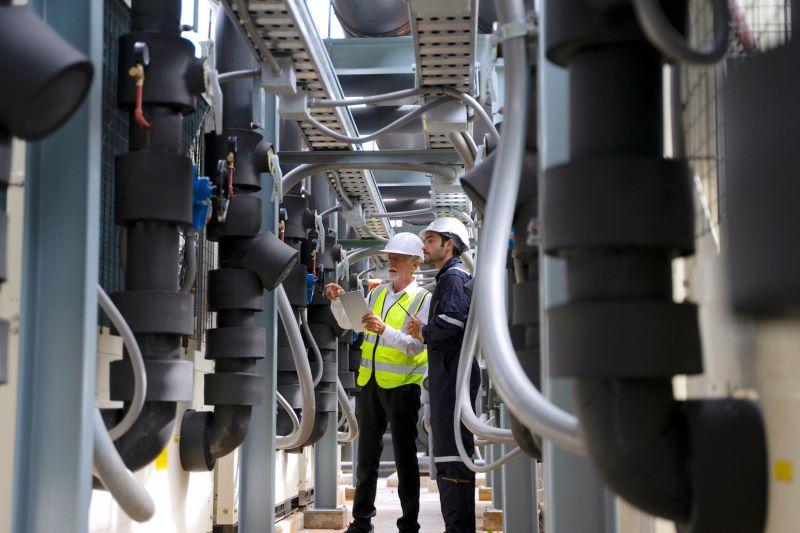Engineers have seen average salary increases of 7.8% over the past year to $124,000, as shown by the latest remuneration survey from Engineering New Zealand Te Ao Rangahau.
Chief Executive Dr Richard Templer says the 2023 results show the profession has grown on the previous year but there are “real challenges” faced by the industry. He says uncertainties surrounding government projects are negatively impacting the profession.
“We are aware of firms having to reduce staff numbers because of the cancellation or delay of projects. We need central and local government to rapidly agree on priorities and recommence work on these important projects,” he says.
In the longer term, Aotearoa needs about 2,500 new engineers every year to keep up with growth, but Engineering New Zealand estimates domestic tertiary institutions are currently only graduating about 2,000 engineers annually.
Templer says immigration can help but not solve the problem. “We operate in a globally competitive market. There’s a global shortfall of engineers, and a greater long-term demand for engineers here in Aotearoa than supplementary immigration can provide,” he says.
The usual pathway into engineering requires a foundation in science and maths. But over the last decade, the number of students challenging NCEA in chemistry, physics and maths has declined by up to 25%.
Templer says it’s time for New Zealand to “unlock opportunities in the education system to grow the pool of engineers”, and that Engineering New Zealand and industry organisations have written to the Minister for Education to express their shared concern and desire to partner with government to find solutions. He says Engineering New Zealand’s programme the Wonder Project – which helps inspire students to pursue careers in science, technology, engineering and maths – recently lost its long-standing government funding.
“Engineers are needed to help solve some of society’s most pressing issues like mitigating and adapting to climate change, ensuring we have clean water and a safe and resilient built environment – as well as endless possibilities at the frontier of digital engineering, food production, healthcare, and space exploration,” says Templer.
“Our latest remuneration survey confirms prospects are bright for young people choosing a career in engineering,” he says.
• Engineering New Zealand’s annual remuneration survey is provided by EY and sponsored by Rob Law Max. 2,637 Engineering New Zealand members completed the survey in 2023.
• PwC estimate New Zealand needs 2,500 new engineers every year to support the economy, assuming a growth rate of 3%. See the Economic Impact of Engineering – update (2021): https://www.engineeringnz.org/public-tools/engineering-for-everyone/pwc-report/
• Engineering New Zealand’s letter to Minister Stanford can be found at: https://www.engineeringnz.org/programmes/policy-submissions/.






